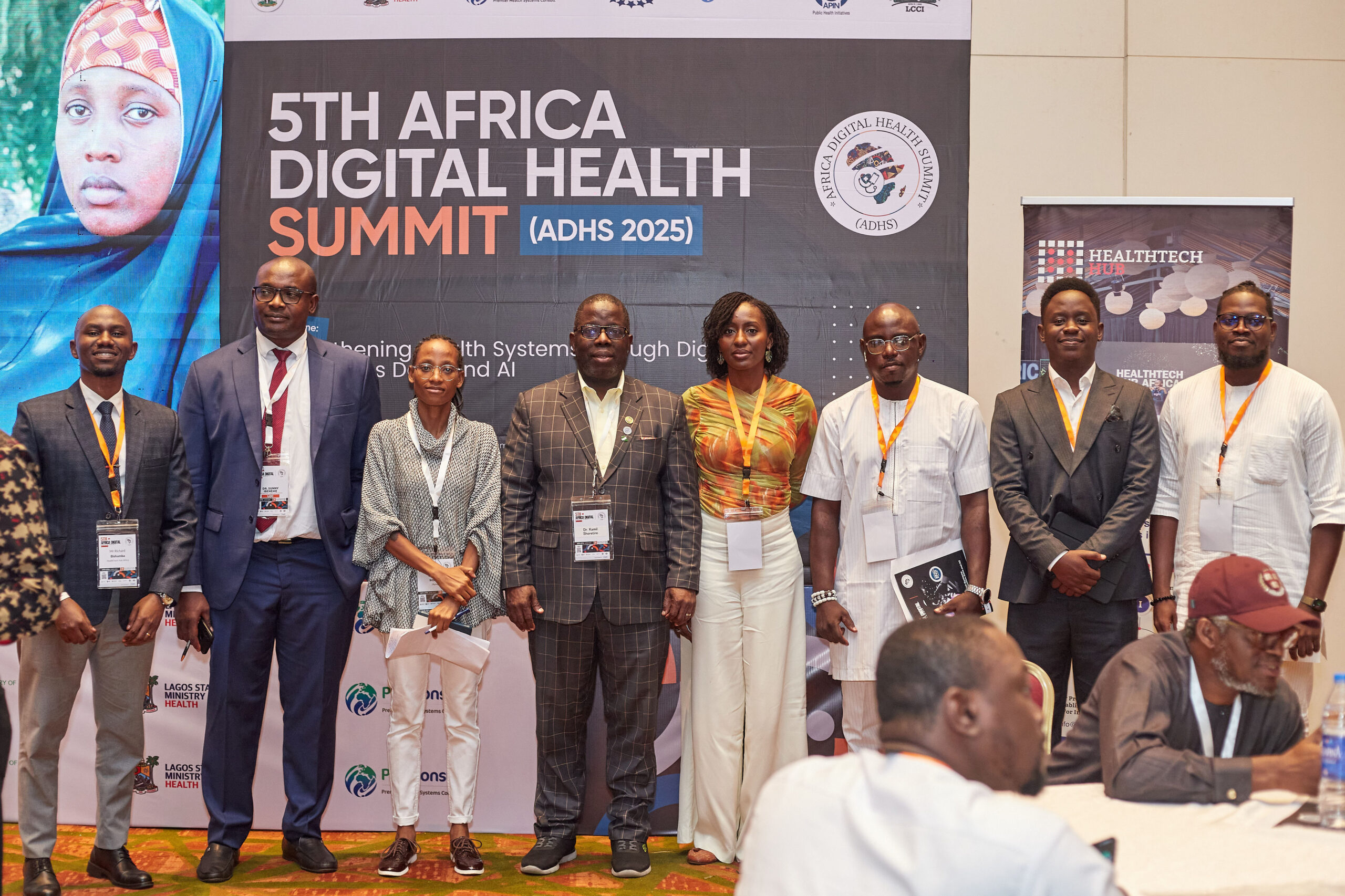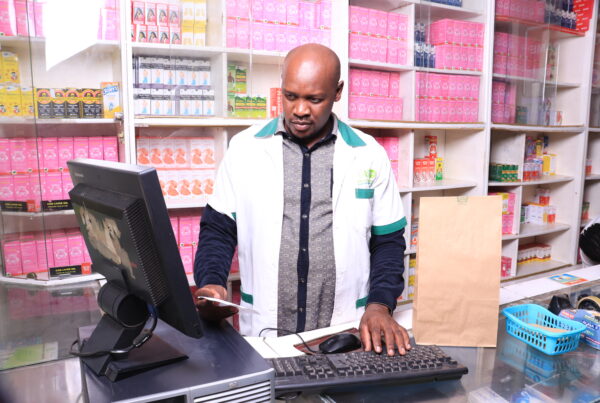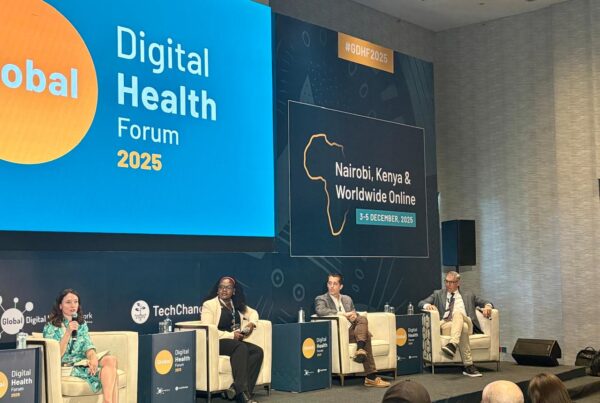At the 5th African Digital Health Summit in Nigeria, HTHA showcased its mission to support innovators and partner with governments to help startups scale faster within public health systems. Richard Bishumba, HTHA’s Partnership Lead, used the metaphor of the blind men and the elephant to emphasize that a holistic, collaborative view from all stakeholders is essential to get a “full, correct view” of digital health.
HTHA operates under five key pillars: policy, acceleration, innovation challenges, partnerships, and standards and interoperability. Richard Bishumba also highlighted the remarkable progress of seven innovators who received grants the previous year. In just one year, these seven innovations have:
- Reached nearly one million patients.
- Engaged nearly 3,000 health professionals.
- Served nearly 2,000 health facilities.
Dr. Kamil Shoretire, co-chair of HTHA’s Intergovernmental Working Group from Nigeria’s Federal Ministry of Health, acknowledged the unstoppable pace of digital health, stating, “The only choice we have is to try and catch up”. He urged innovators to “develop innovative ways of communicating your ideas so that important things that are developed, we don’t miss them”. He also noted that the government needs to take on more responsibility and domestic financing for these solutions.
Two Nigerian companies, Helium Health and Emergency Response Africa, were highlighted at the event.
Helium Health: Co-founder Ralph Oluwole presented the Helium Dock AI tool, a risk stratification solution for HIV, TB, and diabetes. The tool, which features a voice AI named “Anna” with a Nigerian accent, was co-created with stakeholders. A pilot study in Delta State engaged 51 health facilities and delivered over 1,500 risk insights.
Emergency Response Africa (ERA): Co-founder Folake Owodune presented a community-based emergency transport program to combat Nigeria’s high maternal mortality rates, which account for roughly 30% of global maternal deaths. The pilot program, which used existing government ambulances, trained community first responders, and a voucher system, was focused on one local government area in Ogun State. The program recorded a powerful result: zero deaths for the women transported during the project period.












